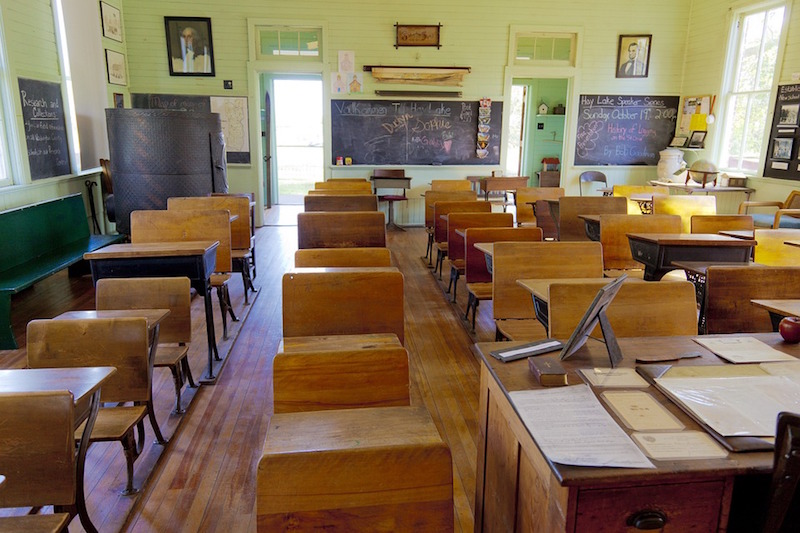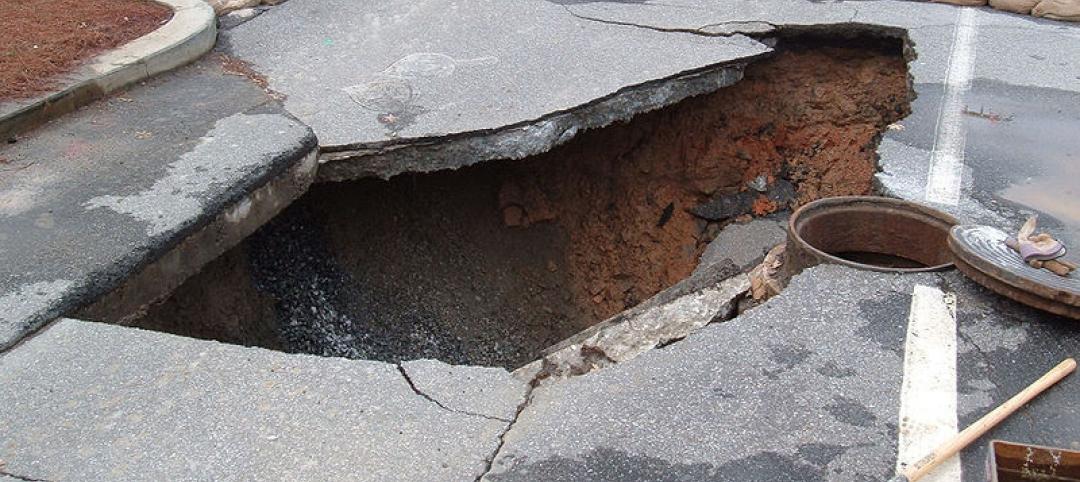The U.S. Department of Energy recently launched the zero energy schools accelerator, an effort to develop cost-competitive zero energy school design.
Six school districts, two states, and several national organizations are working collaboratively on the effort. DOE defines a zero energy building as “an energy-efficient building, where on a source energy basis, the actual delivered energy is less than or equal to the onsite renewable exported energy.”
The program’s goal is to quickly make Zero Energy K-12 schools more mainstream. Participating school districts commit to developing their own zero energy plans for a district project within a year. They can also engage with fellow states and school districts, and gain support from regional and national organizations.
Officials kicked off the program at a school in Arlington, Va., that features advanced next generation energy efficiency and renewable power features, including solar rooftop and geothermal heating and cooling systems. Zero Energy schools have the potential to save 65%-to-80% in energy consumption, depending on climate the zone, DoE says.
Related Stories
Codes and Standards | May 19, 2017
Spate of sinkhole incidents points to neglected infrastructure investment
Suddenly appearing caverns cause deaths, evacuations, interruption of utility services.
Codes and Standards | May 18, 2017
AIA releases updated edition of its A201 flagship documents
These core documents are updated once a decade.
Codes and Standards | May 16, 2017
Trump’s proposed corporate tax rate changes said to stifle funding for affordable housing
Banks reluctant to commit to specific deals with tax credit status uncertain.
Codes and Standards | May 15, 2017
New IoT-Ready Alliance to establish standard for IoT sensors in LED light fixtures
It aims to make installation of technology easier.
Codes and Standards | May 10, 2017
OSHA increases penalties on South Dakota contractor after fatal building collapse
Agency issues over $300,000 in fines for ‘willful’ safety violations.
Codes and Standards | May 9, 2017
Potential shade on Boston Common from proposed high-rise raises public ire
The Mayor is among those who want to change 1990s anti-shadow law.
Codes and Standards | May 9, 2017
Method of estimating amount of CO2 by building occupants may be inaccurate
New research suggests current estimates may be off by as much as 25%.
Codes and Standards | May 8, 2017
National Fenestration Rating Council’s new U-factor standard open for public comment
Member-approved ballot change to NFRC 100 comments to close on May 28.
Codes and Standards | May 4, 2017
Millennials’ views on sustainability could influence the workplace
Nine out of ten say it is important that they work for a company committed to sustainability.
Codes and Standards | May 3, 2017
New York State extends design-build authority
The legislation includes eight additional projects.

















